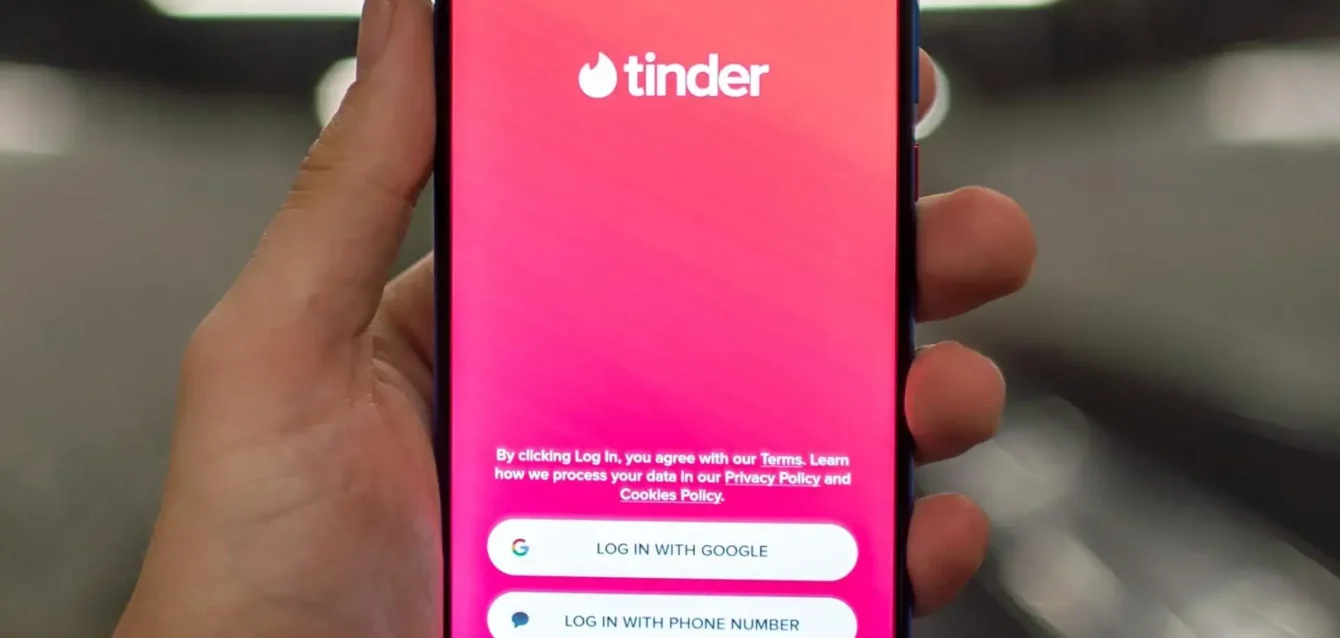This application famous for making total strangers share a pleasant conversation and maybe something more, is not the only dating site in the world, however, it has become one of the most famous for the way it revolutionized the digital affective experience.

The target audience of Tinder has no fixed limit, since it starts with people of legal age and extends its range to the maximum, however, people between 20 and 35 years of age are the ones who use it the most.
Don't worry if you still don't know how it works, we'll tell you about it below:
To begin with, the application decides to ask the new user basic aspects of his life, such as his name, age, studies or hobbies; it is also essential to know his location.
We have already talked about the fact that to sell it is necessary to think like the customer, and sometimes brands know more about us by analyzing our behaviors, than by what we provide them, well they say that you should never base an important decision in a company based on the opinions of people, because these are usually changeable or often unconsciously inaccurate, it is possible that a person is attracted to something specific, however when asked, the answer can be manipulated by indecision, by what they will say or by overthinking the question a lot. Therefore it is better to get into the mind of the consumer and analyze their taste unconsciously.
Tinder is mainly based on aesthetic purposes, as it is well known that the human brain discriminates based on these principles, where in a few seconds, a person can determine if they like something or not, so at the beginning it provides the user with a wide variety of people with different physical characteristics, but also according to the tastes, hobbies or similar activities that the person provides at the beginning, for example: spirituality, sports, science, pets, etc. In a few words, Tinder sells: IMAGE
The first round that the application takes is to analyze the physical and internal characteristics that the person values in the other, as well as the patterns on which the brain is based to accept or not a person, this counts as a study to configure the algorithm so that you stay much longer using the application, because Tinder will show you people according to your tastes and interests without the need for you to search.
In addition, its strategies have been effective in large part because no one can see who you "like" you can only start a conversation when two people make a "match" or when two people approve each other. The way Tinder makes money is by targeting people who want to know which people have liked them, so they pay to see which other users they have found attractive, it also has a daily limit of people you can like, so by paying the premium benefits you can have an unlimited number and stay longer meeting new people.
But undoubtedly, the most interesting tool that this app has is called "Tinder passport", another limit that the application has is not letting you meet people from far away, and paying Tinder passport has the ability to meet people from other countries, what good is this if most likely they would never meet? Well, nobody knew how interesting this feature could be until it went viral on Tik Tok, where many women began to tell their story that if someone is doing badly in love it is probably because "it was created for a foreign product" and began to upload their storytimes (remember the functionality of storytelling in marketing) where they talked about how they found love in other countries.
Tinder used this trend and the pain points of the world population (being deprived of their face-to-face social life) and decided to offer its passport service for free when the quarantine started. This action gave a very clear message that while we had to isolate ourselves and take distance with many people we were used to and digitized our activities and relationships, why not meet people from other places regardless of borders? This worked as a distractor and to give another vision to the quarantine, where users could learn from other cultures and open new horizons.
Undoubtedly, this action also acts in the human brain as the "What if?" giving many users the fantasy of what they can do when the health crisis ends, all the people they can meet and above all, the places they can go, thus and as expected, Tinder downloads increase and possibly, in the future, increase the number of airline tickets purchased for different destinations.
Now that you know how these types of applications work, we are sure you will be intrigued to learn more about the human mind and the strategies that companies use to attract it. Remember that you can always learn more on the 99º Degrees Blog, where we will upload this type of content tailored to your needs, knowing that we will always be available for when you dare to turn your business into a gold mine.

